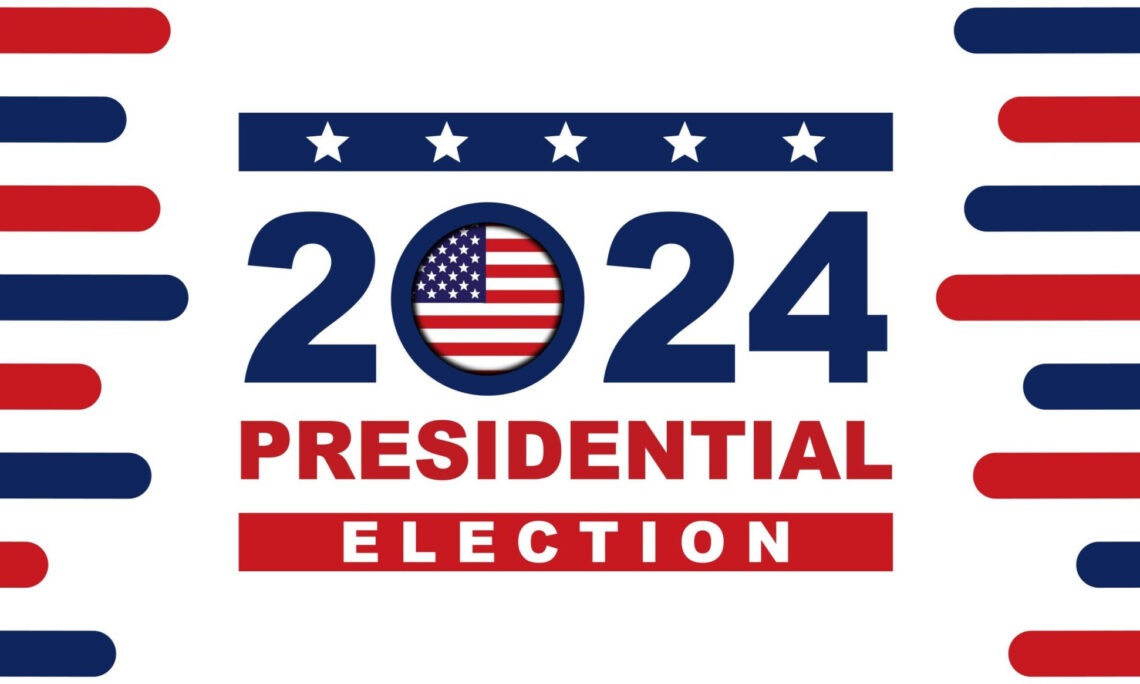
US election vote count take so long
In the United States, each state sets its own rules for counting ballots in federal elections, leading to varying timelines for reporting results. This decentralized approach can create delays and confusion. The vote count for presidential candidates like Republican Donald Trump and Democratic Kamala Harris often differs by state, which can lead to uncertainty. While a winner typically emerges within hours or days after polls close, official results may take longer.
A major reason for delays is the absence of a federal vote-counting process, meaning each state controls its own counting methods. Official results can take weeks, but news outlets use established methods to project the winner based on the Electoral College system, which requires a candidate to secure 270 votes to win. Organizations like The Associated Press (AP), which has been calling elections for over 170 years, can predict a winner even before all votes are counted.
For instance, in the 2020 election, Democrat Joe Biden was declared the winner four days after election day, though it took 16 more days to confirm his win in Georgia. These early calls can sometimes confuse voters, as the official certification process takes longer.
The speed of the official vote count varies by state, depending on how ballots are processed. Some states allow mail-in ballots to be processed before election day, which speeds up the count. Other states, however, do not allow mail-in ballots to be processed until election day, creating backlogs. Additionally, states have different methods for auditing results, and some allow recounts if the vote margin is close. Voters also have the chance to correct or "cure" errors on their ballots, which can extend the process further.
States are required to submit their official vote tallies through Certificates of Ascertainment by a certain deadline. For the 2024 election, that deadline is December 11. Congress then certifies the election results in January, officially confirming the winner.
In recent elections, vote-counting delays have sparked controversy, particularly in tight battleground states. In 2020, the increase in mail-in voting due to the COVID-19 pandemic slowed the count, contributing to unfounded claims of election fraud. Delays in counting mail-in ballots, often used by Democrats, sometimes result in a "blue shift," where Democratic votes appear to surge later in the count.
To address these concerns, some experts have called for states to improve their vote-counting processes. While some states have made efforts to speed up counting, others, such as Pennsylvania, Wisconsin, and Georgia, have not made significant changes. Georgia's election board has even mandated hand-counting on election day, a move that could further delay results.
Stichworte







